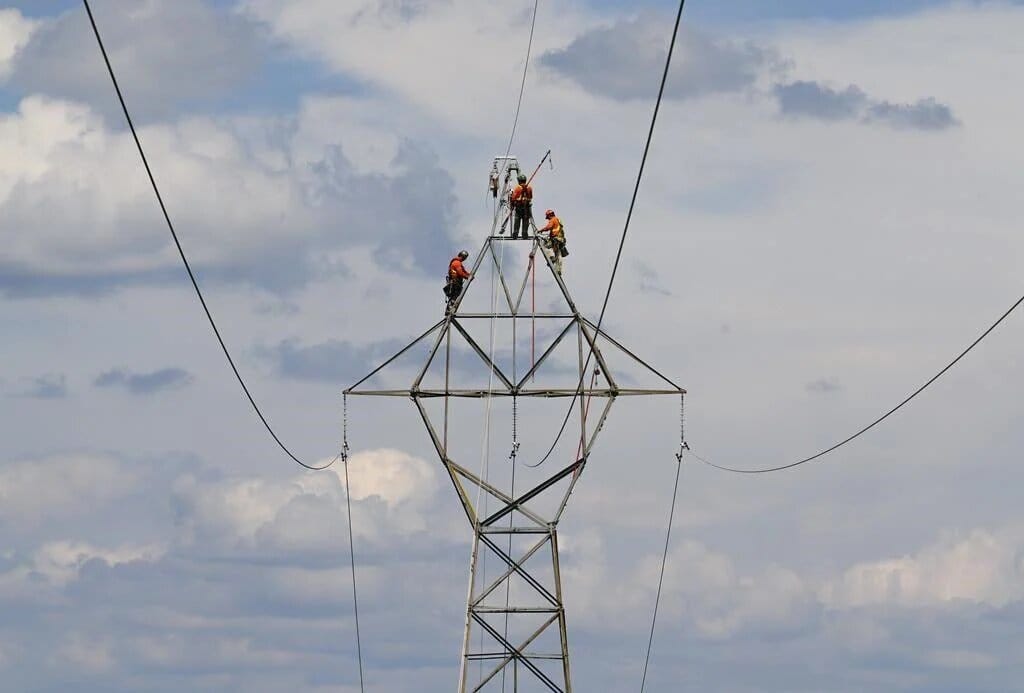Minister: prime Ontario agricultural land will be safeguarded in the face of rising energy production
The Ontario Federation of Agriculture welcomed the announcement, calling it a significant step forward for the province, particularly in supporting the agri-food sector.

Ontario will prohibit ground-mounted solar farms on prime agricultural land as part of its strategy to expand energy production while protecting key farming areas.
Energy Minister Stephen Lecce announced that Ontario aims to add 5,000 megawatts to the grid through a mix of energy sources, including natural gas, hydroelectric, renewables, nuclear, and biomass.
The province emphasizes safeguarding agricultural land by banning solar panels on these areas and requiring impact assessments for other energy projects on prime farmland.
Lecce stressed that Ontario farmers need access to affordable energy and assured that the province would not misuse valuable agricultural land.
Municipalities will also have more say in whether specific energy projects proceed in their communities, marking a shift from past practices where projects were imposed without local consent.
The Ontario Federation of Agriculture welcomed the announcement, calling it a significant step forward for the province, particularly in supporting the agri-food sector.
However, the relationship between farmers and Premier Doug Ford's government has been strained, especially following the Greenbelt scandal, where plans to develop homes on protected land—including prime agricultural areas—were met with widespread opposition.
The province ultimately reversed these plans amid public pressure.
The announcement comes as Ontario anticipates a two percent annual increase in electricity demand, potentially higher with increased electrification across the economy.
The Independent Electricity System Operator (IESO) projects a 60 percent rise in energy needs by 2050.
The province is also investing in electricity storage projects and expanding nuclear energy, including refurbishing and building new reactors.
Despite these efforts, Green Party Leader Mike Schreiner criticized the continued reliance on natural gas, advocating for a stronger focus on renewables, which he argues are cheaper, cleaner, and economically sound.
Ontario's electricity system, which was 94 percent emissions-free in 2021, has seen a decrease to 87 percent as natural gas is increasingly used to meet demand.





